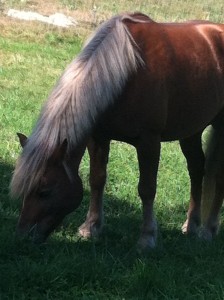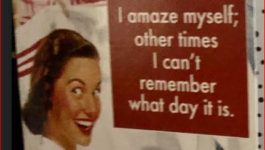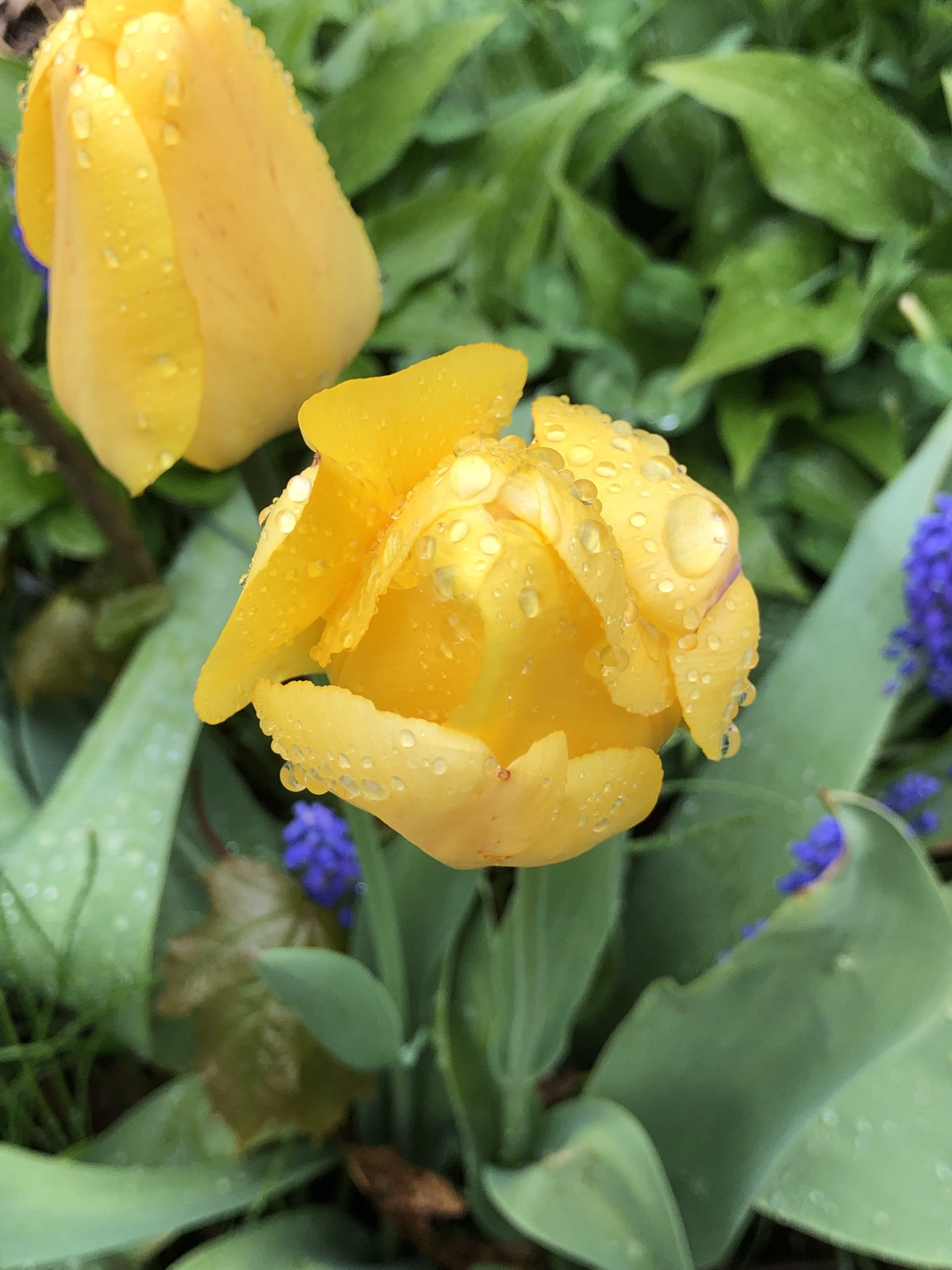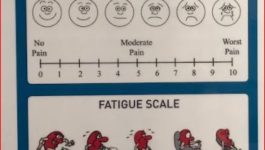 “Do you ever just think you should get over it already?”
“Do you ever just think you should get over it already?”
That was the question my age 23-year old cousin, Katie, asked as we sipped iced coffee. It was the question pressing into her heart like a nail through her sneaker and she was trying not to limp or bleed.
“All the fucking time,” I said, “Desperately. Of course! But I’m here to tell you it doesn’t work and it’s o.k. to be sad.”
“But sometimes I’m sad for no reason,” she said.
I stared at her dyed pink hair which was bright and soft as an infant’s receiving blanket while her eyes were as heavy as cement and full of her own unshed tears. I remembered the toddler I held on my hip and wore like a purse at family parties, the five years after her mom left that she spent some part of most weekends at my house playing games or making crafts. Now, a grown woman was standing in my kitchen.
“Do you really think you’re sad for no reason?” I asked, the details of her childhood lining up like exhibits I could pull up and out to convince her of the validity of her own emotion.
Not just her mom leaving but the times she called me because she was home alone, wanting peanut butter on toast but unsure if she was allowed to use the knife because she knew some part of the operation was dangerous. Or, how she would say, at seven, “When I’m with my Dad I miss my mom. When I’m with my Mom, I miss my Dad. I’m always missing someone.”
Or moving, changing schools or losing me, when I became a mother, and was no longer as responsive or accessible. Or how we lost her sister, to addiction, for a decade, how Katie’s already broken heart shattered again. Or my divorce, more proof of a world that doesn’t hold steady and is unreliable.
You don’t know why you are sad? I wanted to scream.
“I get sad about the same things more than once,” she said as though admitting she had murdered someone and was still hiding the body in her trunk.
“Of course you do! Why wouldn’t you?” I was furious but not at her.
I wanted to take aim at the world, to throw a bowling ball so hard it would strike out every pin that was an obstacle on her path, such as the message that it’s wrong to be sad. That was one. How many years do people waste fighting emotions we’re trying not to feel? I have wasted many.
I could see my younger self in my Katie wearing a mismatched outfit of tenderness and toughness. She knew she was sad but she didn’t want to be and was exhausted from battling herself.
What part of the “be here now” message got so perverted that we think we aren’t supposed to be in touch with the past? That’s another pin I want to obliterate because sadness isn’t defeat. And some wounds are timelessly and forever sad. Like losing your mother (or the book Wild wouldn’t be so damn popular).
Katie doesn’t have her mother in the now, it’s not a frozen in time loss, leaving one old scar she keeps picking at, it’s there now when she can’t brag about honor roll or share details of a first date. She can’t get a hug or a hot cocoa when she goes through a heart break and doesn’t have a mother to help with laundry when she’s between work and a class and out of clothes. Why doesn’t she get to be sad about it sometimes? It doesn’t mean she doesn’t love the people who do love her, isn’t grateful for the ones who care. It just means she misses a mother, her mother, and what was and wasn’t/isn’t.
If I could express all of the wisdom I have learned over decades, not just as writing, but as breast milk coming out of my skin and through my nipples to create something nutritious and life-affirming as milk, which could be shared I would.
I want Katie to know she is, in fact, a rock star of resilience and a light show of amazing because she has a heart not too shut down to feel. Her beauty, which is striking, is not just a prettiness in her eyes or lips but in her essence which doesn’t dim, which actually shines more brightly when she is emotionally honest.
I wasted so much of my own life wishing and wanting to be and feel other than I did. I rarely spoke of my own homeless alcoholic father and avoided conversations about Dads. Because I was so uncomfortable with my own history, the early losses and violence, I didn’t share my feelings or history with others for fear of being shamed.
I learned how not to seem sad even when I was sad which is the opposite of being in the present. It is un-Zen. I thought I was putting on my big girl panties and sucking it up but really, I was lying to myself and afraid to be affected or vulnerable and soft. Really, I was afraid others would judge me as much as I judged myself because I did not believe it was o.k. to be sad, emotional, vulnerable and affected, that being so meant I was weak or potential prey rather than human.
What I had to let Katie know is that self-scrutiny, judgment, hatred and recriminations did more damage to me than anything that happened in my childhood. My own harsh intolerance of the facts of my life kept me from “getting over” my past more than any shed tears ever did.
I am still learning how to nurture myself, how not to fight my own feelings and angst.
What does getting over “it” even mean when it comes to the loss of your mother or father and the risk of sacrificing your actual self to some idealized self you think you “should” be?
The happy isn’t more important that the sad. Not less either and neither emotion will keep you from brushing your teeth or laughing again, if you allow them.
But any emotion, that you fight and resist, will wear you out, make you anemic and flat and weary. Don’t wait for the sad to pass before you start living your life is what I want to urge.
Next time, I’ll just hold and rock her, give her soft blankets, a couch and a shoulder. And, when she is ready to go, will encourage her to take a poetry class, read some poems about sorrow and longing and love and grief, because if it wasn’t for those I would have never learned how to approach my own pain.
Originally published in Elephant Journal and Cross-Posted on Guest in Your Heart
You Matter Mantras
- Trauma sucks. You don't.
- Write to express not to impress.
- It's not trauma informed if it's not informed by trauma survivors.
- Breathing isn't optional.
You Are Invited Too & To:
- Heal Write Now on Facebook
- Parenting with ACEs at the ACEsConectionNetwork
- The #FacesOfPTSD campaign.
- When I'm not post-traumatically pissed or stressed I try to Twitter, Instagram & Pinterest.










Speak Your Mind